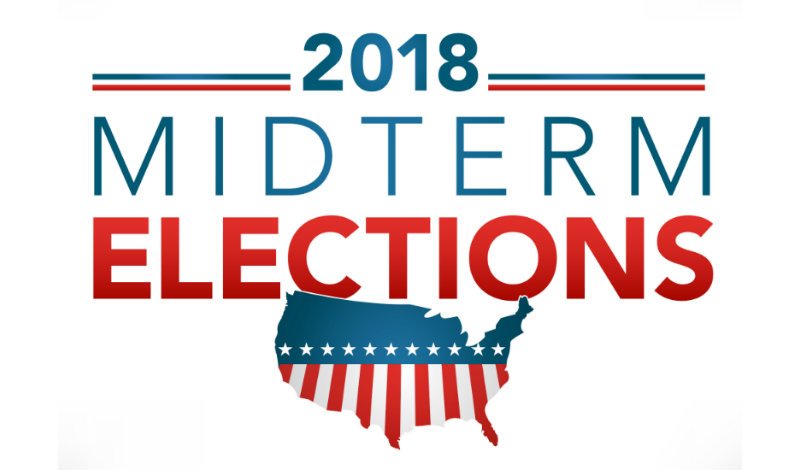Elections are in the air in Israel. Though there’s as yet no date for when the country as a whole will go to the polls, municipal elections will be held at the end of this month. Their results won’t tell us too much about how the national political parties will do, but the party leaders are given an opportunity to flex their muscles and test their prospects.
They often do it by catching on to any issue that might get them votes. Hence the preoccupation of politicians with the recent marriage of a Jewish Israeli actor to an Arab Israeli television personality. Though this is by no means the first time that an Arab woman has married a Jewish man in Israel – in either an unofficial non-religious ceremony or civilly abroad – this time it has become an issue, perhaps because of the prominence of the couple, probably because it may become an election issue.
One of the arguments of Israelis against Jews staying in the Diaspora is the prevalence of intermarriage there. Now also in Israel? Politicians are addressing the question seemingly less out of concern for the future of the Jewish people and more because of the interests of their parties.
An early critic of this union and by inference all intermarriage in general was Yair Lapid, the leader of Yesh Atid. He is a man who, according to a newspaper columnist, never fails to “dance on all weddings,” espousing a variety of at times contradictory views in the hope of catching votes.
A branch of Habayit Hayehudi, the “modern Orthodox” nationalist party, in Ramleh, where both Arabs and Jews live, has used the intermarriage issue in its local elections campaign, warning Jewish voters that it could be their children unless they elect the right candidates.
Naftali Bennett, the national leader of Habayit Hayehudi, has also used the opening of the new academic year to blow his horn – the sound of which, according to current polls, is said to be rather faint – to tell the country that he has broken the “cartel” of the (liberal) university community by helping to promote the university in Ariel in the West Bank, which has recently also opened a medical school.
Lapid and Bennett are not the only ones to electioneer ahead of time. Defense Minister Avigdor Lieberman is using the troubling crisis on the border with Gaza to threaten with much stronger measures to stop the rockets and incendiary balloons into Israel. Pundits seem to be uncertain as to whether Lieberman’s predictions reflect the view of Israel’s military or the needs of his own party, which is also said to have poor prospects in the next elections.
Of course, Prime Minister Netanyahu himself is warming us up to expect yet another victory of his party with himself at the helm. Analysts listening to his speeches find it difficult to decide whether he addresses the issues at hand or is already campaigning.
Though it’s not clear how the parties of Lapid, Bennett and Lieberman will do once national elections are held, by all accounts Prime Minister Netanyahu will do well and can look forward to another few years in office, beating the record of the founding prime minister, David Ben-Gurion. This also means that whatever criminal charges Netanyahu may be facing in the light of current investigations, they won’t come to trial as long as he’s in office. And though his wife is now in a trial court, it’s most unlikely that she’ll be sent to jail. The family will remain intact, perhaps at our expense.
Republished from San Diego Jewish World


























